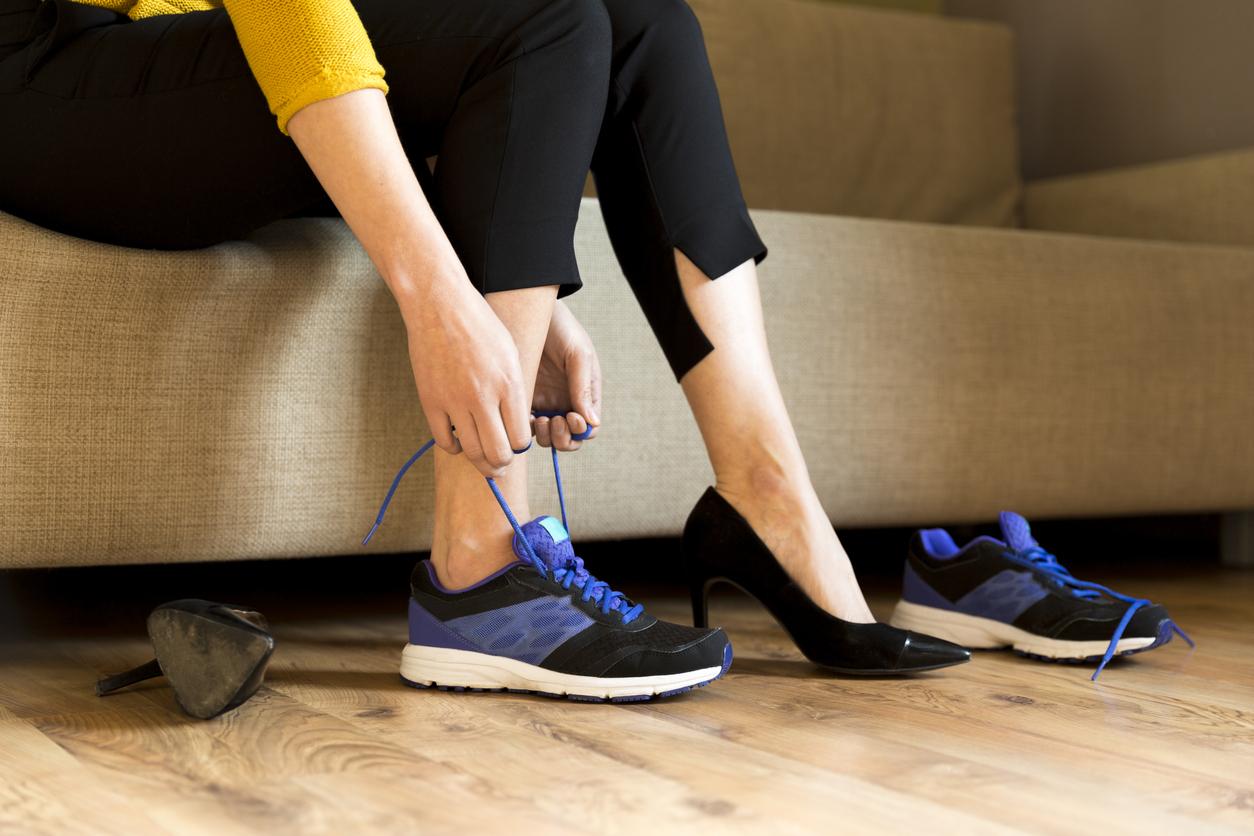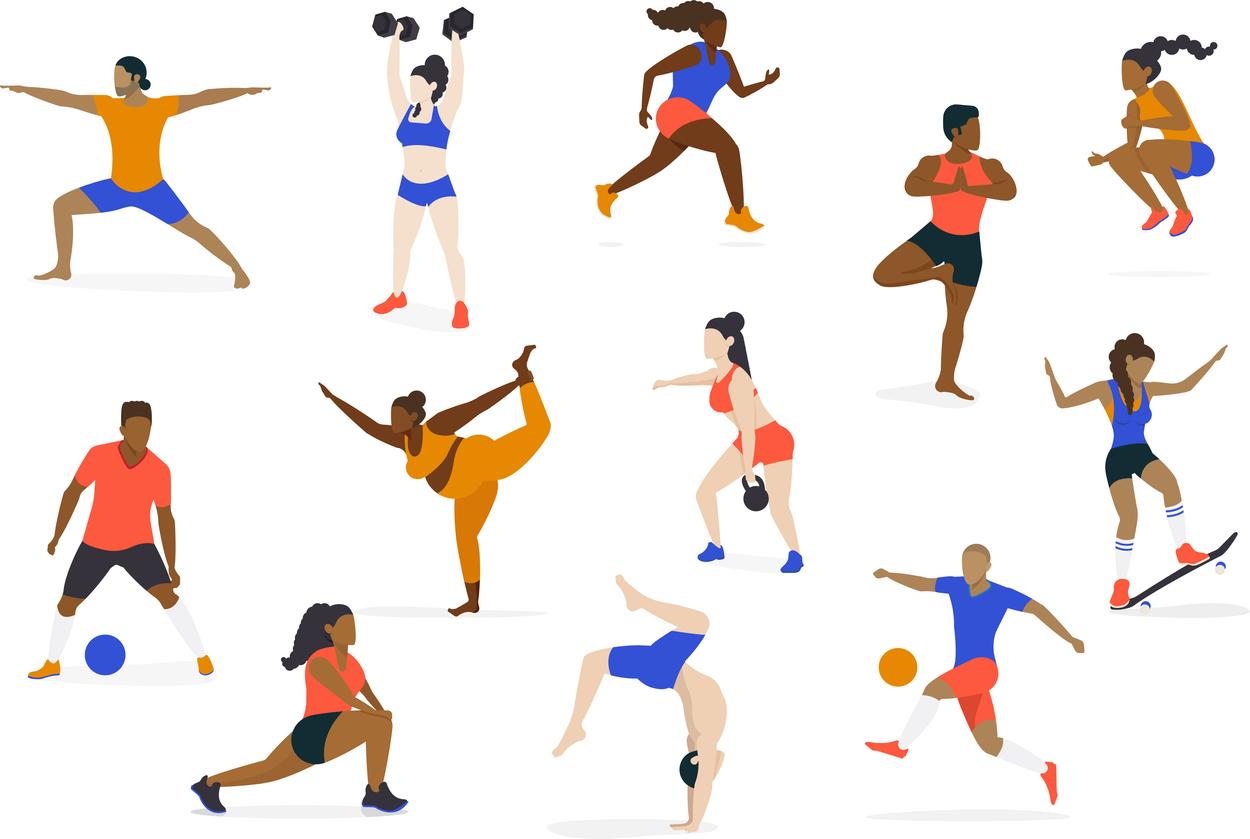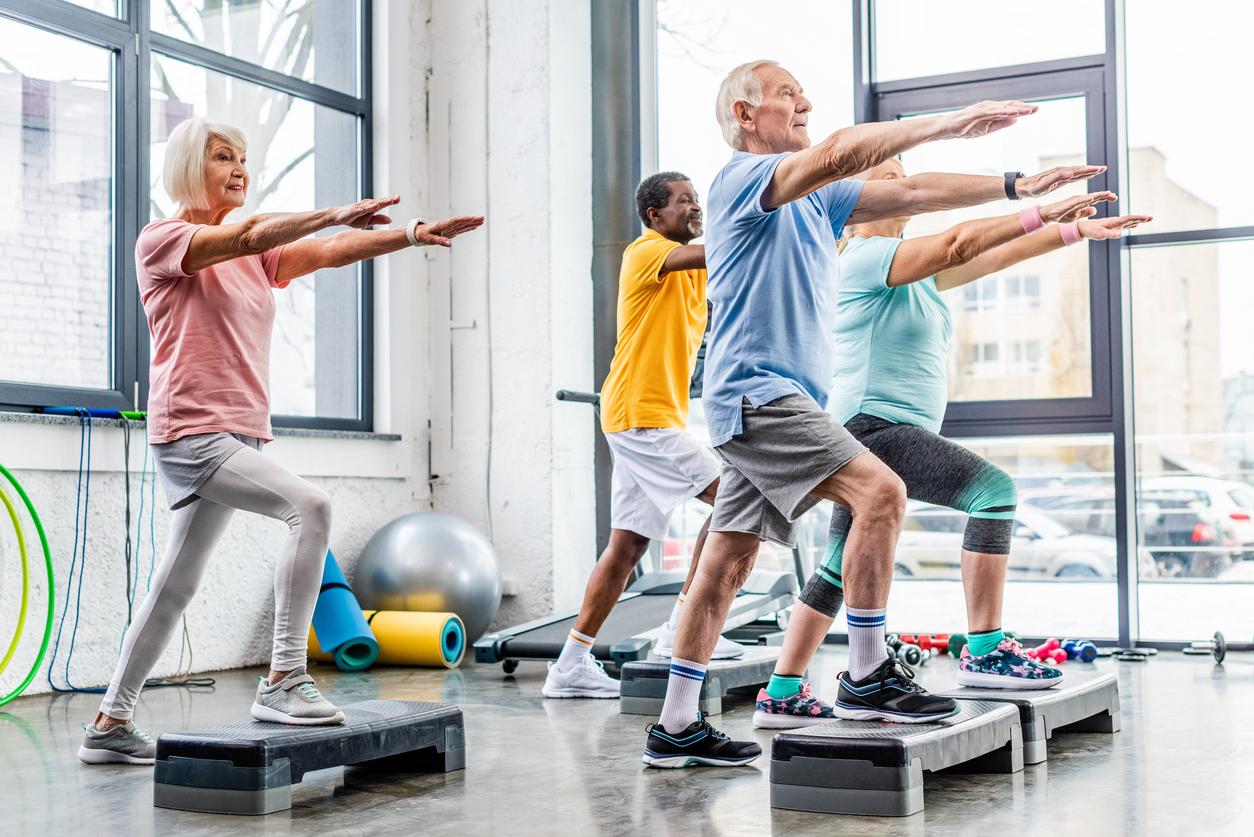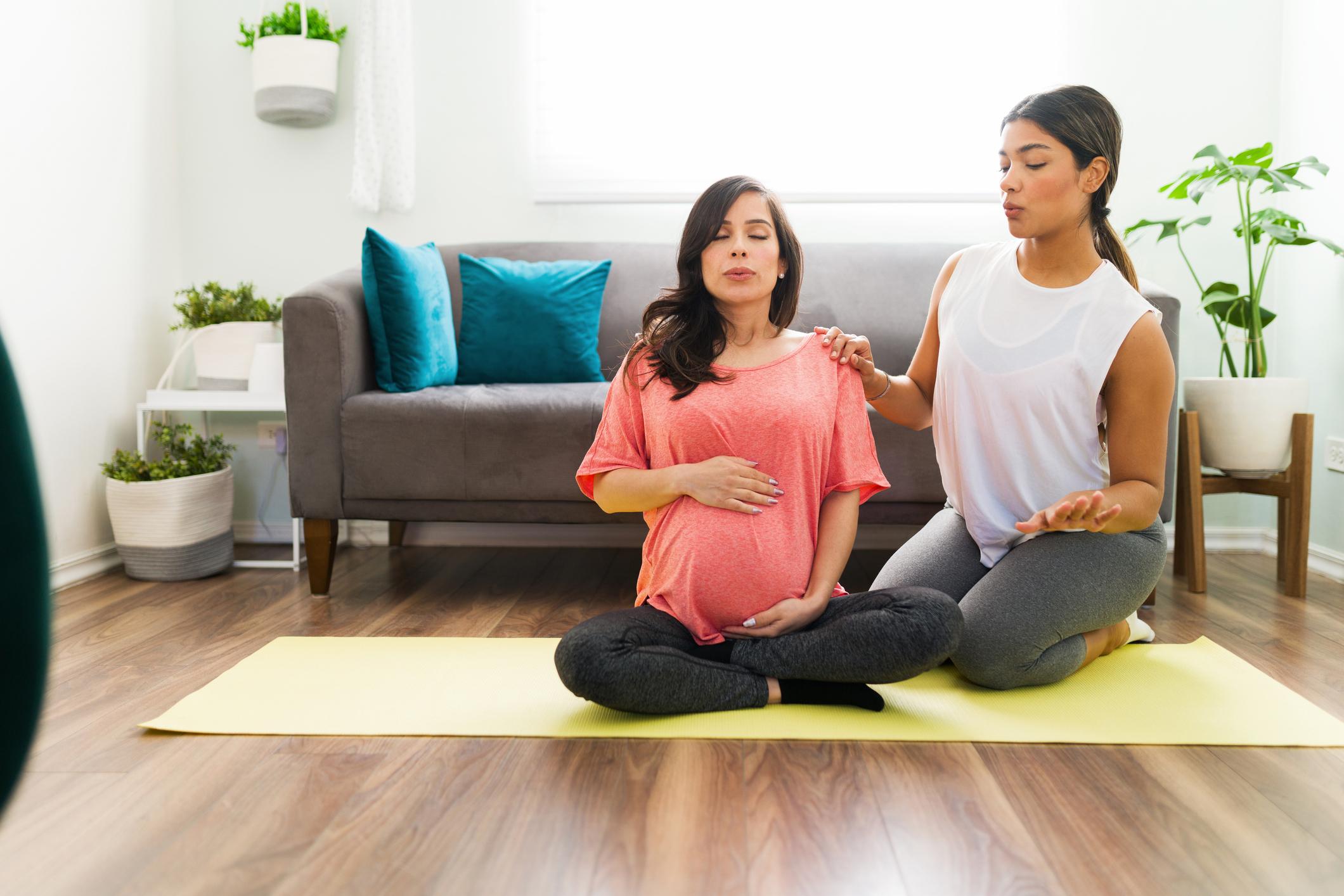The Minister of Sports Roxana Maracineanu publishes, in collaboration with many health professionals, a new guide on the practice of physical and sports activities during pregnancy. Enough to sort through the many tips on this subject.
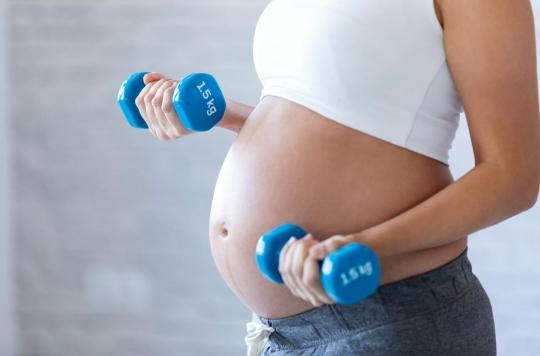
- It is good for the health of the mother and the baby to practice physical activity during pregnancy, unless there are contraindications.
- Whatever the physical activity or sport practiced, the intensity must be moderate.
If French women already spend on average less time than men on physical and sports activities, motherhood often remains the period of their lives when women reduce or even stop all sports practice. The recommendations of doctors in this area are plural, even sometimes contradictory.
Reduce the risk of premature delivery or postpartum overweight
“Even if the idea is not yet sufficiently rooted in our society, motherhood does not mean the cessation of all physical and sporting activity, quite the contrary! Whether it is to relax, tone up, control your weight gain, soothe the little ailments of pregnancy, you can and you should even continue to move, if your state of health allows it of course. Don’t forget that the development of the baby also depends on that of the mother !”, clarifies Roxana Maracineanu, the originator ofa new guide on the practice of physical and sports activities during pregnancy.
Moderate and regular physical activity during pregnancy can significantly reduce the risk of premature delivery or postpartum overweight, and has real benefits for the foetus.
What physical activities to practice?
In the first trimester, women can, according to the new guide, continue to practice their usual physical activity, but without seeking performance. In the second trimester, avoid competition, intense activities and contact sports or sports at risk of falling. From the 8th month, the government recommends favoring walking, gentle gymnastics or swimming.
“Whatever the physical activity or sport practiced, the intensity must be moderate during pregnancy”, specifies the guide. “You need to be able to talk during the practice. The average duration of the sessions is 20 to 50 minutes”, explain health professionals.
What should stop physical activity during pregnancy?
Be careful though. If any of the symptoms below occur during or after exercise, you must stop the activity and seek the advice of the midwife or doctor without delay:
• Marked shortness of breath that persists at rest.
• Feeling of intense fatigue.
• Dizziness, fainting.
• Pain in the chest.
• Calf pain or swelling.
• Muscle weakness with loss of balance.
• Painful or regular uterine contractions.
• Vaginal bleeding, fluid loss.
Also note: certain pathologies or conditions of pregnancy prohibit the practice of physical activity. For more information, consult the doctor in charge of your pregnancy.

.










